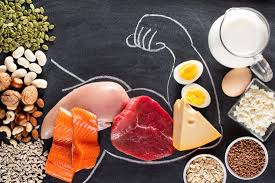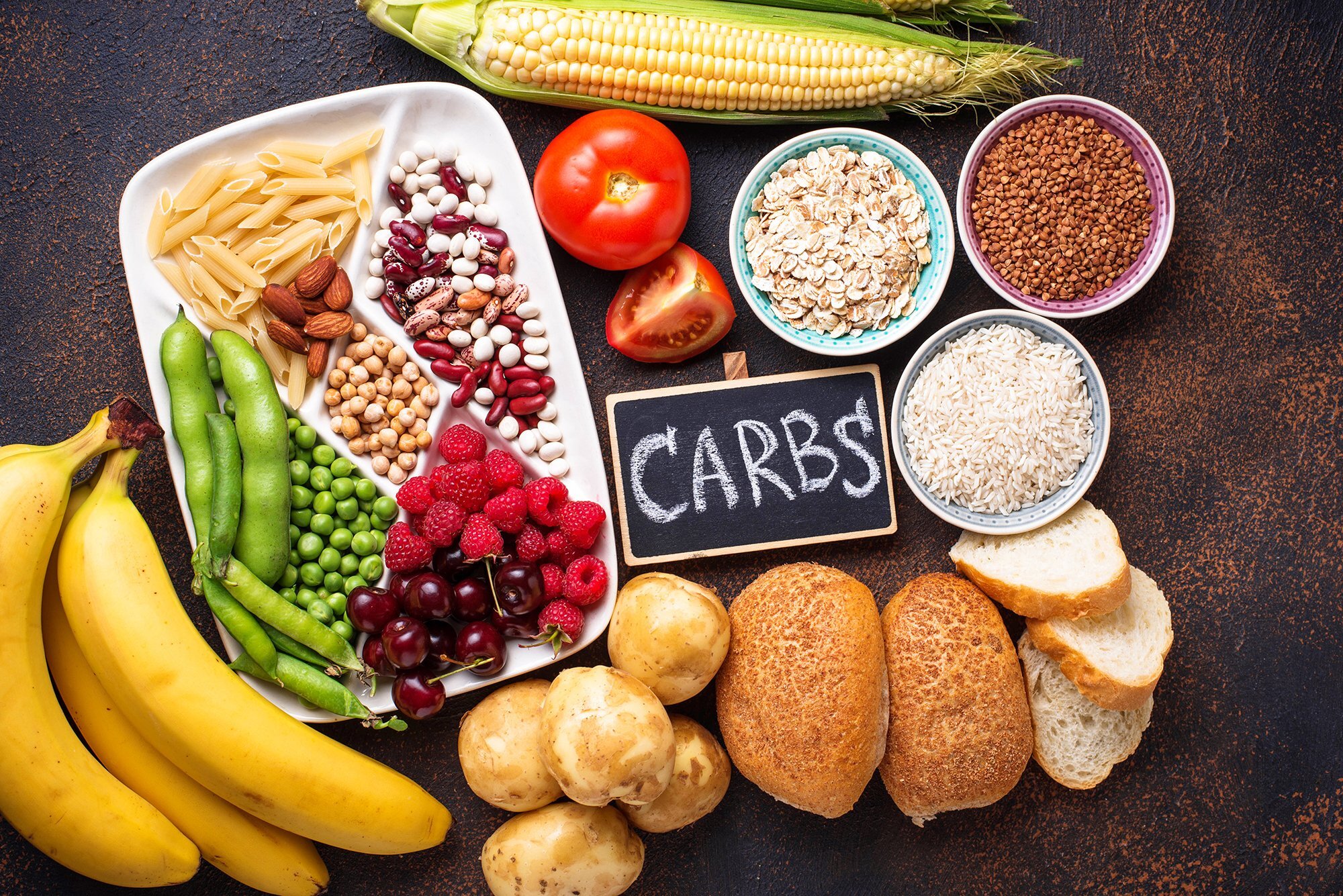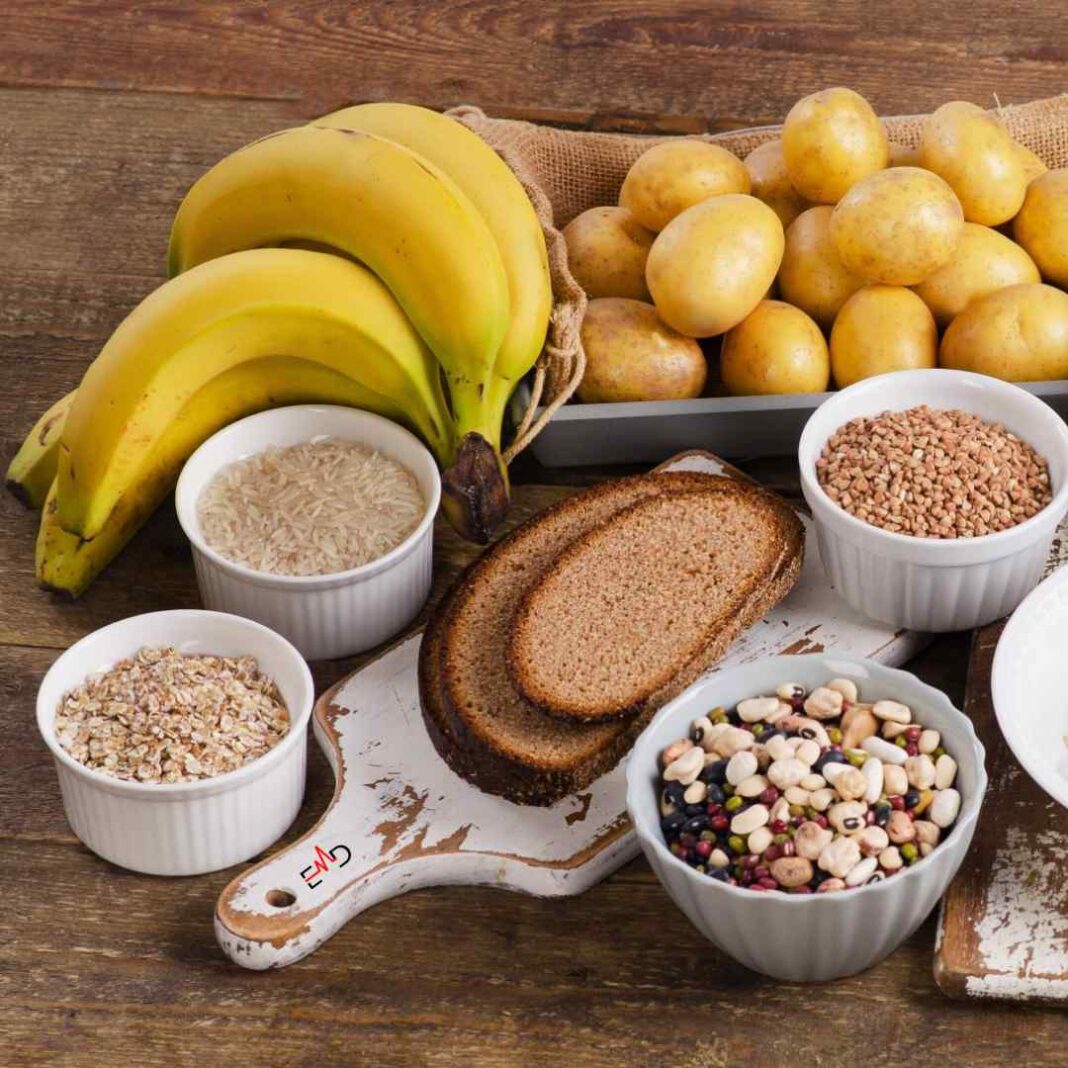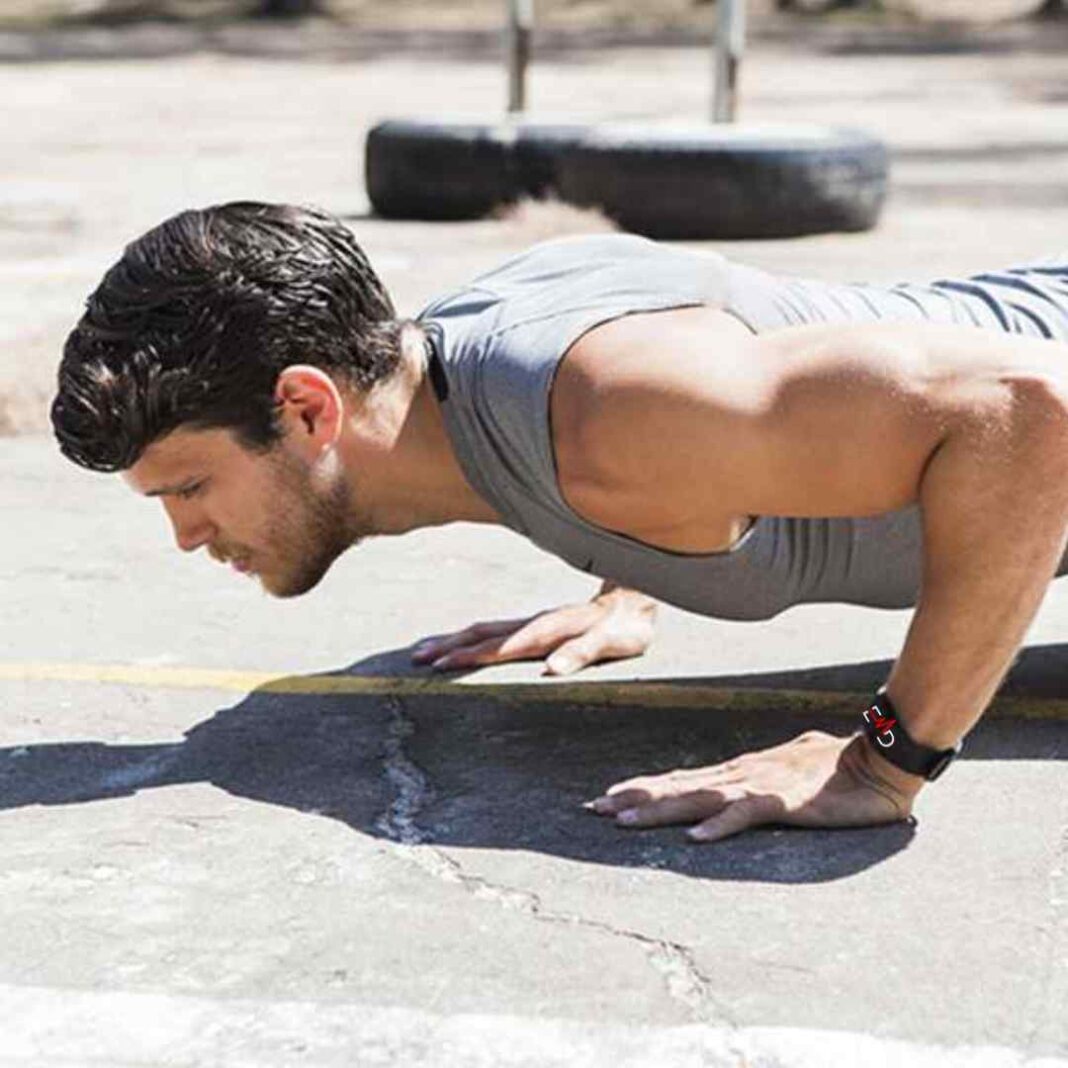Exercise Daily – When it comes to sports and exercise, proper refueling is crucial for optimal recovery after exercise. Following high-intensity or endurance exercise like an ultramarathon, your body requires the right nutrients to rehydrate, replenish energy stores, and repair muscle damage. An effective strategy for athletes involves consuming a combination of carbohydrates and protein immediately after practice or competition.
Consuming 75 grams of carbohydrates and 25 grams of protein within the first two hours can significantly enhance recovery of muscle function and reduce muscle fatigue. Chocolate milk is an excellent choice, as it provides an ideal ratio of protein to build and repair muscle and carbohydrates for energy replenishment. In addition, dietary supplements containing branched-chain amino acids, particularly leucine, can further stimulate the anabolic hormonal response necessary for tissue repair and muscle growth following intense training sessions.

Fueling Up: The Role of Carbohydrates
Eating protein and carbohydrates is essential for sustained recovery in the hours and days following high-intensity activities. A full meal with these macronutrients supports post-exercise muscle recovery and overall athletic performance.
The Power of Carbs
Carbohydrates are the primary fuel source for our bodies during exercise. They provide the energy needed to perform at our best. After a workout or competition, it’s essential to refuel your carbohydrate stores, known as glycogen, to support recovery and prepare for future physical demands.
How Much Carbohydrate Do You Need?
The amount of carbohydrates you should consume post-exercise depends on various factors, such as the duration and intensity of your training or competition. As a general recommendation, consuming 0.7 to 1.2 grams of carbohydrate per kilogram of body weight within an hour after exercise helps replenish glycogen stores effectively. For example, weighing 70 kilograms, you should aim for approximately 49 to 84 grams of carbohydrates in your recovery snack or meal within the first hour.
Timing Matters
Don’t wait too long to refuel with carbohydrates. The window of opportunity for optimal glycogen synthesis is within the next 24 hours following exercise. Consuming carbohydrates earlier can enhance recovery and promote faster replenishment of glycogen levels.
Choosing the Right Carbs
Not all carbohydrates are created equal. Opt for complex carbohydrates such as whole grains, fruits, and vegetables, as they provide essential nutrients and fiber. These carbohydrates are digested and absorbed more slowly, providing a steady release of energy and helping you feel satisfied for longer. Avoid simple sugars and refined carbohydrates, as they can cause a rapid rise and fall in blood glucose levels.
Hydration: Quenching Your Body’s Thirst
Hydration is equally important, as muscles act like sponges, absorbing nutrients and fluids to enhance performance and reduce the risk of muscle fatigue. By following these strategies for athletes, you can maximize your recovery after competition and intense training, ultimately boosting your athletic potential.
The Importance of Hydration
Proper hydration is crucial for optimal recovery. During exercise, you lose fluids and electrolytes through sweat, and it’s essential to replenish them afterward. Dehydration can negatively impact performance, impair muscle recovery, and increase the risk of injury.
How Much Should You Drink?
The amount of fluids you need to consume after exercise depends on various factors, such as the duration and intensity of your training session and environmental conditions. As a general guideline, aim for 16 to 24 ounces (approximately 500 to 750 milliliters) of fluids for every pound (0.5 kilograms) of body weight lost during exercise. For example, if you lost 2 pounds (1 kilogram) during your workout, you should drink 32 to 48 ounces (approximately 1 to 1.5 liters) of fluids post-exercise.
Electrolytes: The Essential Minerals
In addition to fluids, it’s important to replenish electrolytes, which are minerals that play a vital role in maintaining proper fluid balance and muscle function. Sports drinks containing electrolytes can be beneficial, especially after prolonged or intense exercise. However, water and a balanced diet can usually provide adequate hydration and electrolyte replenishment for shorter workouts.

The Power of Protein
Protein for Muscle Repair
Protein is essential for repairing and building muscle tissue damaged during exercise. Including adequate amounts of protein in your post-workout nutrition can help optimize recovery and enhance muscle protein synthesis (MPS). This process promotes the growth and repair of muscle fibers.
How Much Protein Do You Need?
The optimal amount of protein to consume after exercise varies depending on factors such as your body weight, training goals, and the intensity of your workouts. As a general guideline, aim for 0.25 to 0.3 grams of protein per kilogram of body weight in each meal or snack following exercise. For example, weighing 70 kilograms, you should aim for approximately 17.5 to 21 grams of protein in your post-workout snack or meal.
Combining Carbs and Protein
Consuming carbohydrates and protein together is recommended to maximize the benefits of post-exercise nutrition. This combination stimulates muscle protein synthesis more effectively than consuming either nutrient alone. For example, a recovery shake with carbohydrates and protein or a balanced meal containing lean protein and whole grains can provide the necessary building blocks to repair and build muscle.
Protein Timing
While consuming protein after exercise is important, timing is less critical than carbohydrate intake. Unlike glycogen synthesis, MPS can be stimulated for several hours following exercise. Whether you choose to consume protein immediately after your workout or within a few hours, the key is to meet your daily protein requirements through regular meals and snacks.
Strategies for Optimal Recovery
Timing is Key: Post-Exercise Refueling
Refueling your body immediately after exercise is crucial. The post-workout period is when your muscles are most receptive to nutrient absorption. Aim to consume a combination of carbohydrates and protein within an hour of completing your training or competition. This timeframe is known as the “glycogen synthesis window,” during which your body efficiently replenishes glycogen stores and kickstarts recovery.
Carbs and Protein: The Dynamic Duo
To maximize recovery, consuming adequate amounts of protein and carbohydrates is essential. Protein helps repair and rebuild damaged muscle tissue, while carbohydrates replenish glycogen stores. Aim for a ratio of approximately 3:1 or 4:1 grams of carbohydrates to grams of protein in your post-workout snack or meal. For example, if you weigh 70 kilograms, aim for around 70-105 grams of carbohydrates and 20-30 grams of protein.
Embrace Nutrient-Dense Foods
Regarding refueling, focus on consuming nutrient-dense foods that provide a wide range of essential vitamins and minerals. Opt for whole grains, lean proteins, fruits, and vegetables. These foods provide carbohydrates and protein and supply antioxidants and other beneficial compounds that aid in recovery and reduce inflammation.
Hydrate Wisely
Hydration is critical for optimal recovery. Replenish fluids lost during exercise by drinking water or sports drinks containing carbohydrates and electrolytes. Aim to consume fluids within an hour of finishing your workout. Remember, hydration is an ongoing process, so continue to drink fluids throughout the day to maintain proper hydration levels.
Consider Tart Cherry Juice
Tart cherry juice has gained attention in the sports medicine community for its potential to aid recovery. It contains compounds with anti-inflammatory properties that may help reduce muscle damage and promote faster recovery. While more research is needed, incorporating tart cherry juice into your post-workout routine may be worth considering.
Snack Smartly
In addition to your main post-workout meal, consider incorporating post-workout snacks into your routine. These snacks provide additional nutrients and help bridge the gap between meals. Opt for snacks that contain a combination of carbohydrates and protein, such as a protein shake, Greek yogurt with fruits, or a piece of fruit with nut butter. These snacks can help replenish glycogen stores and support muscle repair.

Addressing Delayed-Onset Muscle Soreness (DOMS)
Delayed-onset muscle soreness (DOMS) is a common occurrence after intense exercise. While it’s a sign that your muscles are adapting and getting stronger, it can be uncomfortable. To alleviate DOMS and aid recovery, consider incorporating foods or supplements with anti-inflammatory properties, such as turmeric, ginger, or omega-3 fatty acids. However, consult a registered dietitian or sports medicine professional to determine the best approach for your needs.
Don’t Forget About Rest
While refueling and proper nutrition are essential, rest is equally crucial for optimal recovery. Give your body time to recover and repair by incorporating rest days into your training schedule. Adequate sleep is vital as it allows your body to recharge, repair muscle tissue, and optimize performance.
Individualize Your Approach
Every athlete is unique, and recovery needs can vary depending on the type of sport, training or competition intensity, and individual characteristics. Consider consulting with a registered dietitian or sports nutritionist who can help tailor a personalized recovery plan based on your specific needs and goals. They can provide guidance on the ideal amounts of carbohydrates, protein, and other nutrients you should consume to optimize your recovery and enhance sports performance.
Beyond Nutrition: Other Recovery Strategies
While nutrition plays a vital role in post-competition recovery, it’s important to remember that it’s just one piece of the puzzle. Incorporating other recovery strategies can further enhance your body’s ability to bounce back after intense exercise. These strategies may include foam rolling, stretching, massage, cold or contrast water therapy, and active recovery exercises. Experiment with different techniques to find what works best for you and your body.
Consistency is Key
Consistency is crucial for seeing long-term benefits from your post-competition refueling strategies. Make refueling and recovery practices a routine part of your training regimen. Consistently fueling and refueling your body will help optimize your performance, prevent injuries, and support your overall health and well-being.
Listen to Your Body
While there are general recommendations for post-competition refueling, listening to your body’s cues is essential. Pay attention to how certain foods and hydration practices make you feel. Experiment with different strategies and adjust accordingly based on your body’s response. Your body is unique, and what works for one athlete may not work for another. Trust your instincts and adjust as needed.
The Role of Registered Dietitians
Navigating the world of sports nutrition can be overwhelming, especially regarding post-competition refueling. If you’re unsure about the best approach for your specific needs, consider seeking guidance from a registered dietitian with expertise in sports nutrition. They can provide personalized recommendations, help optimize your performance, and ensure you’re fueling and refueling in a way that supports your long-term health and athletic goals.
Avoid Common Pitfalls
Regarding post-competition refueling, there are a few common pitfalls to be aware of. One is waiting too long to refuel. Don’t wait hours before consuming a post-workout meal or snack. Remember to refuel within an hour of finishing your exercise. Another pitfall is neglecting to include protein in your refueling routine. Protein is essential for muscle repair and recovery, so make sure you’re incorporating it into your post-workout nutrition plan. Finally, be mindful of the quality of your fuel. While reaching for sugary snacks or drinks may be tempting, opt for nutrient-dense, whole foods that provide the necessary nutrients for optimal recovery.
FAQs – Post-Competition Refueling: Strategies for Optimal Recovery
Q: Should I consume carbohydrates even if I’m trying to lose weight?
A: Yes, carbohydrates are essential for fueling your body, especially after exercise. While weight loss may require a calorie deficit, balancing your nutrient intake and choosing healthier carbohydrate sources such as whole grains, fruits, and vegetables is important.
Q: Can I rely on sports drinks alone for hydration after exercise?
A: Sports drinks can be beneficial for replenishing fluids and electrolytes after prolonged or intense exercise. However, water and a balanced diet can usually provide adequate hydration for shorter workouts.
Q: Is it necessary to consume protein supplements for optimal recovery?
A: Protein supplements can be convenient, but they are unnecessary for optimal recovery. You can meet your protein needs through whole food sources such as lean meats, poultry, fish, legumes, dairy products, and plant-based proteins.
Q: How soon after exercise should I consume my post-workout meal or snack?
A: While there is no strict timeframe, consuming your post-workout meal or snack within the first hour after exercise is generally recommended to maximize glycogen replenishment and muscle repair.
Q: Can I skip the protein if I’m a vegetarian or vegan?
A: No, it’s important to ensure you get adequate protein from plant-based sources if you follow a vegetarian or vegan diet. Incorporate various protein-rich foods such as legumes, tofu, tempeh, seitan, quinoa, and nuts to meet your protein needs.
Conclusion
Post-competition refueling is a critical component of optimal recovery. You can replenish glycogen stores, repair muscle tissue, and enhance overall recovery by providing your body with the right fuel and hydration. Remember to refuel with carbohydrates and protein, hydrate adequately, and listen to your body’s needs. Incorporate these strategies into your routine, and you’ll be well on your way to faster recovery, improved performance, and long-term athletic success.




